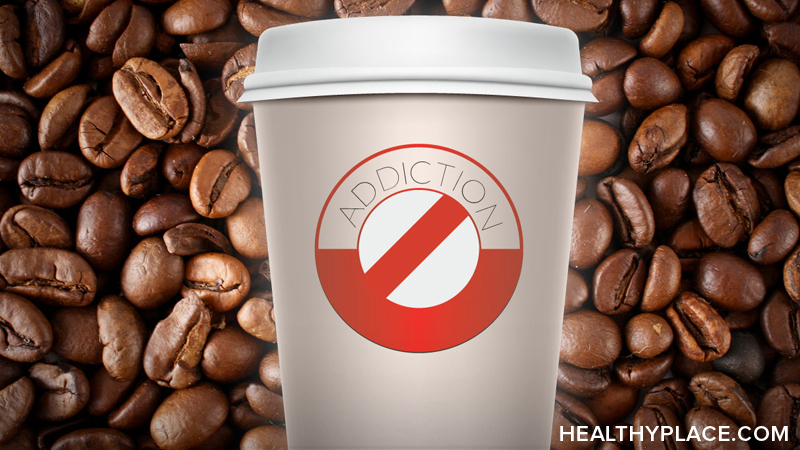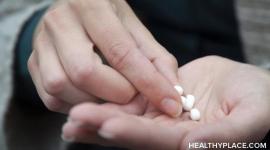Caffeine Avoidance for Depression

Will cutting caffeine from your diet improve depression symptoms? Read more about caffeine avoidance and depression.
What is Caffeine Avoidance?
Caffeine is a stimulant drug found in coffee, tea and cola drinks. Cutting out caffeine from the diet has been proposed to help depression in some cases.
How does Caffeine Avoidance work?
Some people are thought to have a sensitivity to caffeine which produces depression. Caffeine is also thought to increase anxiety in people who are very anxious and have panic attacks. Because depression and anxiety often occur together, cutting out caffeine may help by lowering associated anxiety.
Is Caffeine Avoidance effective?
One small study has been carried out on patients whose depression was thought to be due to dietary factors. The researchers asked half of these patients to cut out caffeine and sugar from the diet and the other half to cut out red meat and artificial sweeteners. Depressed people who cut out caffeine and sugar showed more improvement.
Are there any disadvantages?
Suddenly giving up caffeine can produce withdrawal effects, such as headaches and feeling less alert.
Where do you get it?
Cutting down on coffee, tea and cola is a simple treatment people can do by themselves.
Recommendation
Avoiding caffeine may be helpful for the small minority of people who show a particular sensitivity to it.
Key references
Christensen L, Burrows R. Dietary treatment of depression. Behavior Therapy 1990; 21: 183-193.
Lee MA, Flegel P, Greden JF, Cameron OG. Anxiogenic effects of caffeine on panic and depressed patients. American Journal of Psychiatry 1988; 145: 632-635.
APA Reference
Staff, H.
(2008, October 26). Caffeine Avoidance for Depression, HealthyPlace. Retrieved
on 2026, January 13 from https://www.healthyplace.com/alternative-mental-health/depression-alternative/caffeine-avoidance-for-depression



